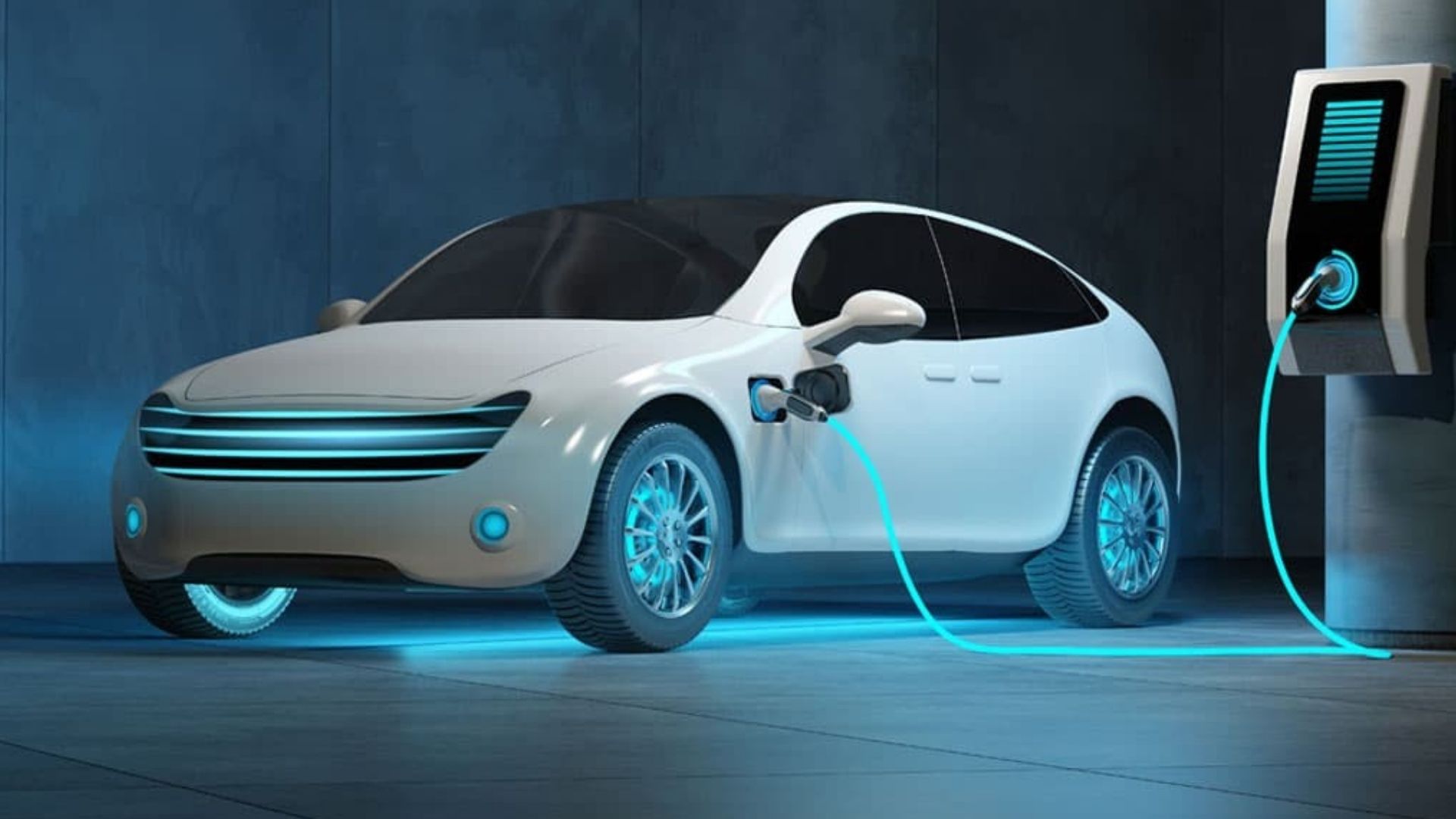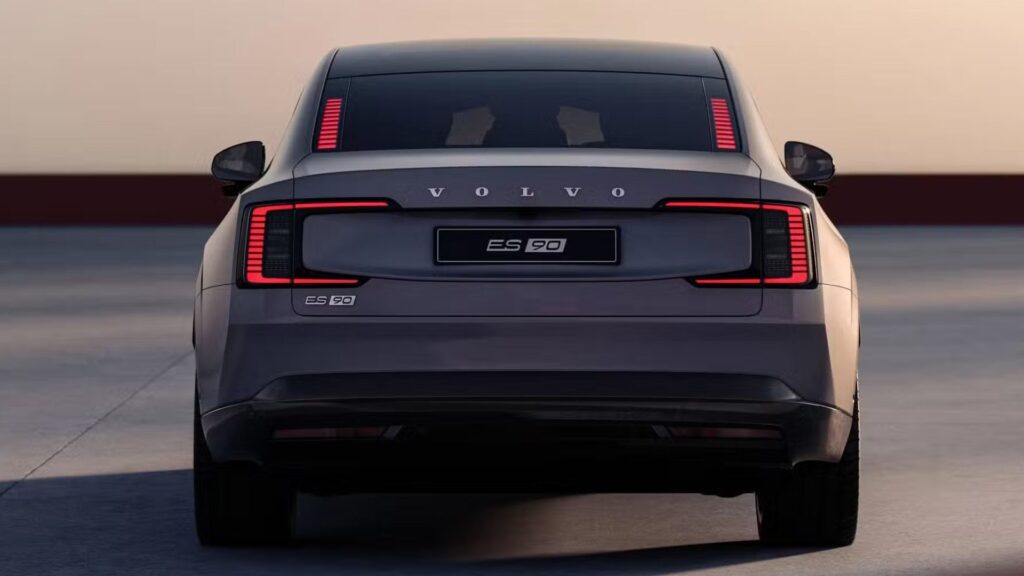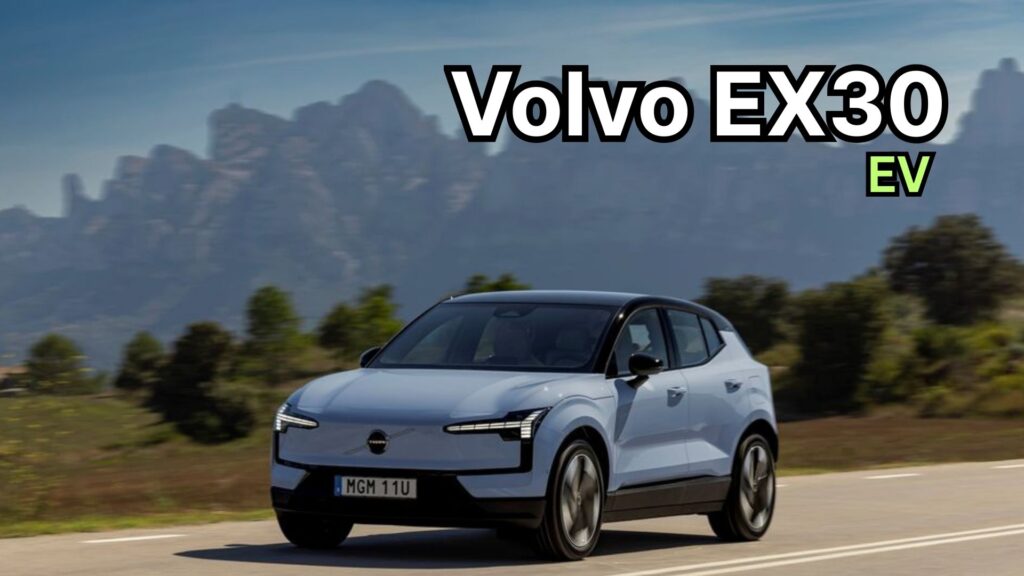The world is undergoing a major transportation transformation as electric vehicles (EVs) steadily replace conventional cars. The IEA Global EV Outlook 2025 reveals that more than 17 million electric cars were sold in 2024, representing 20% of global car sales, with the total global fleet surpassing 58 million. By 2025, sales are expected to exceed 20 million vehicles, pushing EVs to a 25% share of all new cars sold worldwide.
Table of Contents
This shift is not uniform different countries are advancing at varying speeds. While China dominates in overall numbers, Norway leads in per capita adoption. Europe is making steady progress toward its 2030 and 2035 fossil fuel car phase-out goals, and the U.S. is balancing federal incentives with consumer adoption challenges.
Below is a detailed list of the top 10 countries with the most electric cars in 2025, along with forecasts, policies, and innovations driving their growth.
1. China

China holds the largest share of electric vehicles worldwide, with more than 20.4 million EVs (BEVs and PHEVs) on the road by the end of 2024. In that year alone, 11 million new electric cars were sold, making up nearly 60% of all new sales in the country.
China’s success stems from:
-
Government subsidies and incentives.
-
Large-scale domestic production (over 60% of global EVs are made in China).
-
Battery dominance (80% of global EV batteries come from Chinese manufacturers).
By 2030, China is projected to reach 80% EV share in new car sales, ensuring it remains the world’s undisputed EV powerhouse.
Summary Table
Rank |
Country |
EV Fleet (End-2024, approx.) |
Key Highlights |
Official Source |
|---|---|---|---|---|
1 |
China |
20.4 million |
60% new car sales, global leader |
|
2 |
United States |
7.0 million |
Tax credits, Tesla dominance |
|
3 |
Germany |
1.4 million |
Largest EV fleet in Europe |
|
4 |
France |
1.3-1.4 million |
Subsidies, 2040 fossil ban |
|
5 |
UK |
1.3 million |
25% new car sales electric |
|
6 |
Norway |
0.9 million |
89% EV new sales in 2024 |
|
7 |
Netherlands |
0.56 million |
30% of new sales are EVs |
|
8 |
Sweden |
0.55 million |
40% of new sales are EVs |
|
9 |
Canada |
0.55 million |
Incentives in key provinces |
|
10 |
South Korea |
0.5 million |
Hyundai & Kia boosting sales |
2. United States
The United States is home to about 7 million EVs by the end of 2024, ranking second globally. In 2024, Americans purchased 1.6 million electric cars, accounting for 10-11% of new car sales.
Key growth drivers include:
-
Federal tax credits under the Inflation Reduction Act.
-
Expanding national charging infrastructure.
-
Tesla’s continued dominance, complemented by new offerings from Ford, GM, and international automakers.
Forecasts suggest the U.S. could reach 20-27 million EVs by 2030, though adoption may be slower than in Europe and China.
3. Germany
Germany is Europe’s largest EV market, with about 1.4 million EVs on the road by late 2024. The country also recorded over 500,000 new EV registrations in 2023 alone.
Germany benefits from:
-
Stringent EU emissions regulations.
-
Subsidy programs for EV buyers.
-
A strong domestic auto industry (Volkswagen, BMW, Mercedes-Benz) pivoting to electric mobility.
4. France
France closely follows Germany with 1.3-1.4 million EVs by the end of 2024. The government is supporting growth with subsidies, charging infrastructure investments, and a plan to phase out new fossil fuel car sales by 2040.
5. United Kingdom
The UK hosts about 1.3 million EVs as of 2024. Roughly 25% of all new cars sold are electric, reflecting steady growth. The country has committed to banning new petrol and diesel car sales by 2030, ahead of the broader EU deadline of 2035.
6. Norway
Norway is the global leader in EV adoption per capita. By 2024, about 900,000 EVs were on its roads. Astonishingly, 88.9% of all new cars sold in 2024 were electric. Norway is expected to become the first nation to achieve 100% EV sales, possibly as soon as 2025.
7. Netherlands
The Netherlands had approximately 560,000 EVs by 2024. With around 30% of new car sales being electric, the country benefits from strong subsidies, urban-friendly EV policies, and widespread charging infrastructure.
8. Sweden
Sweden’s EV fleet stands at around 550,000 vehicles as of 2024. In late 2023, nearly 40% of new car sales were electric, making Sweden one of the fastest-growing EV markets in Europe.
9. Canada
Canada reached about 550,000 EVs in 2024. Electric cars made up about 10% of new sales in recent years, driven by provincial incentives, federal rebates, and infrastructure expansion, particularly in Quebec and British Columbia.
10. South Korea
South Korea completes the list with 500,000 EVs on its roads by 2024. Domestic automakers such as Hyundai and Kia are expected to drive adoption further with competitive global EV offerings.
Global Forecast to 2030
-
China: Expected to reach 80% EV share in new sales.
-
Europe: Forecasted to achieve 60% EV sales share by 2030, driven by regulatory bans.
-
United States: Growth is slower but could reach 20% share by 2030.
-
Emerging Markets: Countries like India and Southeast Asia are rapidly scaling, with forecasts suggesting EV penetration could reach 25-30% of sales by 2030.
Frequently Asked Questions
Q1. Which country has the most EVs in 2025?
A. China, with more than 20 million EVs, leads the global market.
Q2. Which country has the highest EV adoption rate per capita?
A. Norway, where nearly 9 out of 10 new cars sold in 2024 were electric.
Q3. How many EVs are there worldwide in 2025?
A. The global fleet reached about 58 million by the end of 2024, and is projected to exceed 75 million by 2025-2026.
Q4. What policies are boosting EV adoption?
A. Key measures include government subsidies, bans on new petrol/diesel sales (by 2030-2035 in Europe and the UK), federal tax credits in the U.S., and manufacturing incentives in China.
Q5. What is the forecast for EV sales in 2030?
A. Globally, EVs could reach 45-60% of all new car sales by 2030, depending on policy and infrastructure support.
Conclusion
The race toward electrification is accelerating, with China, the U.S., and major European nations dominating global EV markets. Norway demonstrates what full adoption looks like, while South Korea and Canada are catching up steadily. By 2030, EVs will no longer be a niche-they will be a mainstream global standard, reshaping the automotive industry permanently.
For More Information Click HERE











